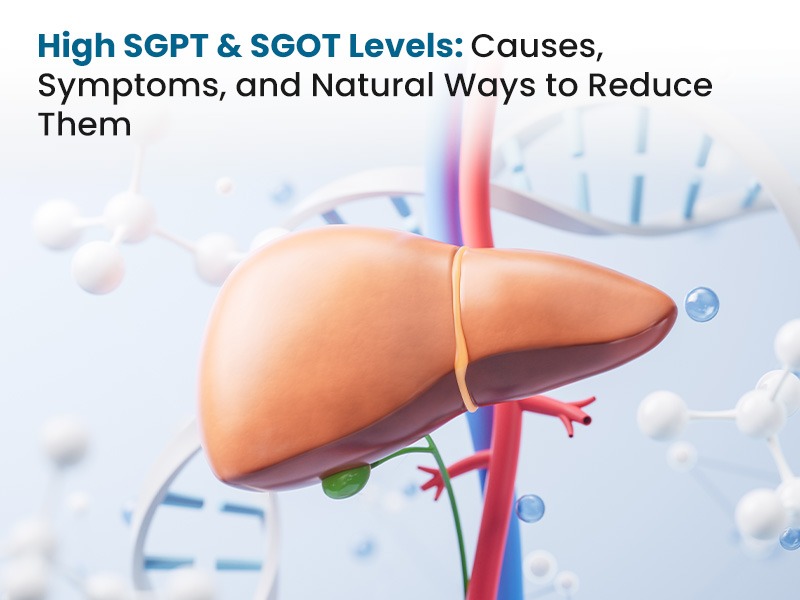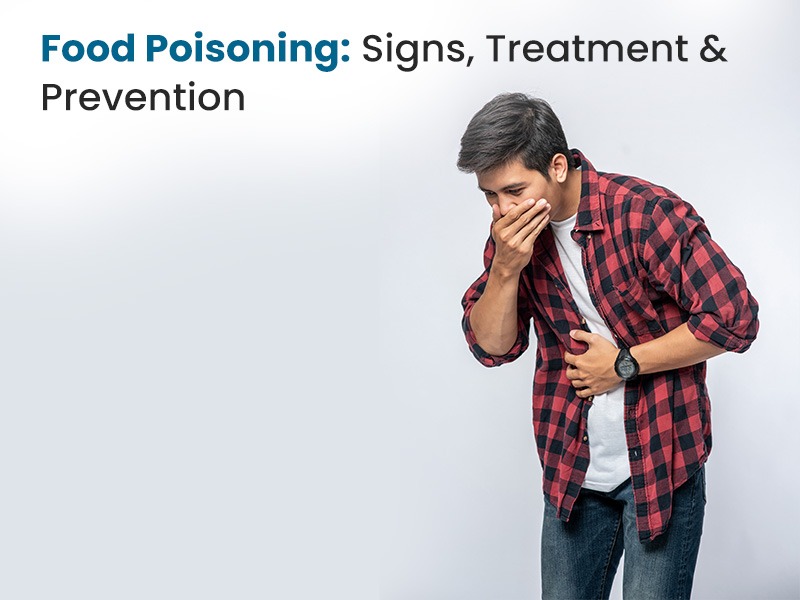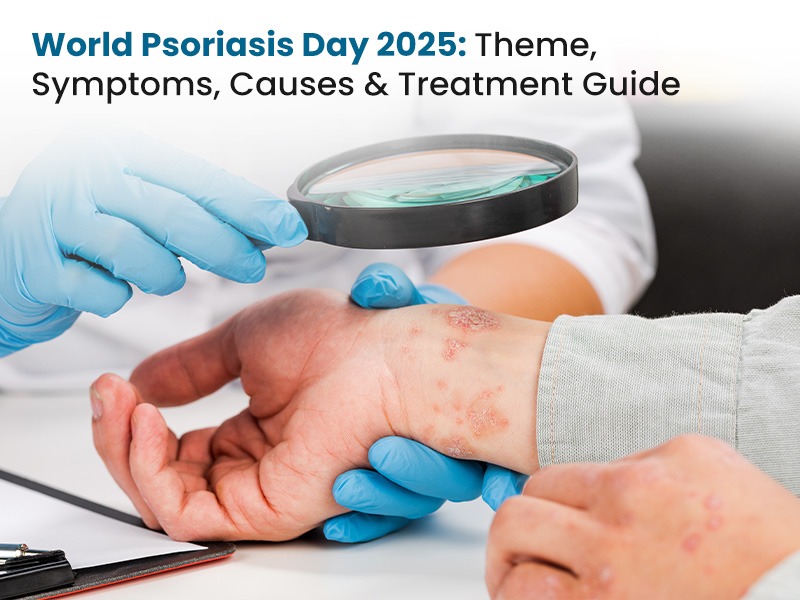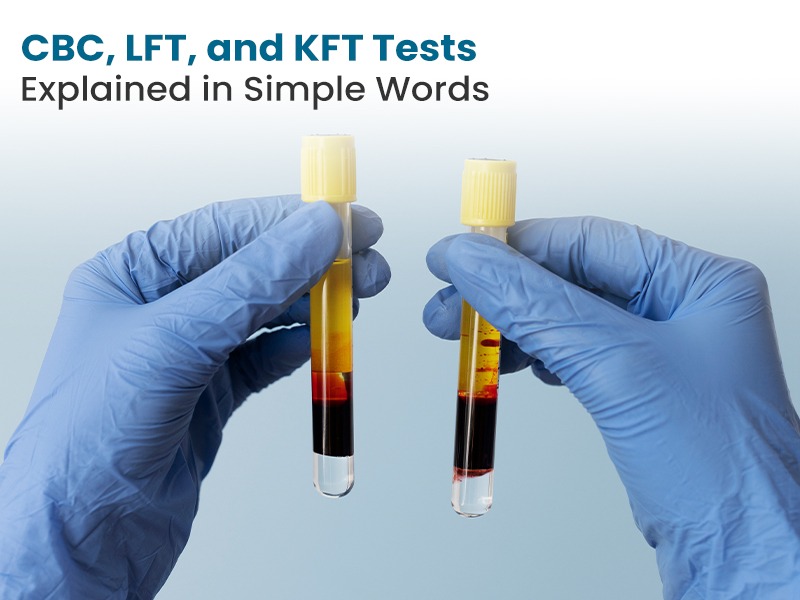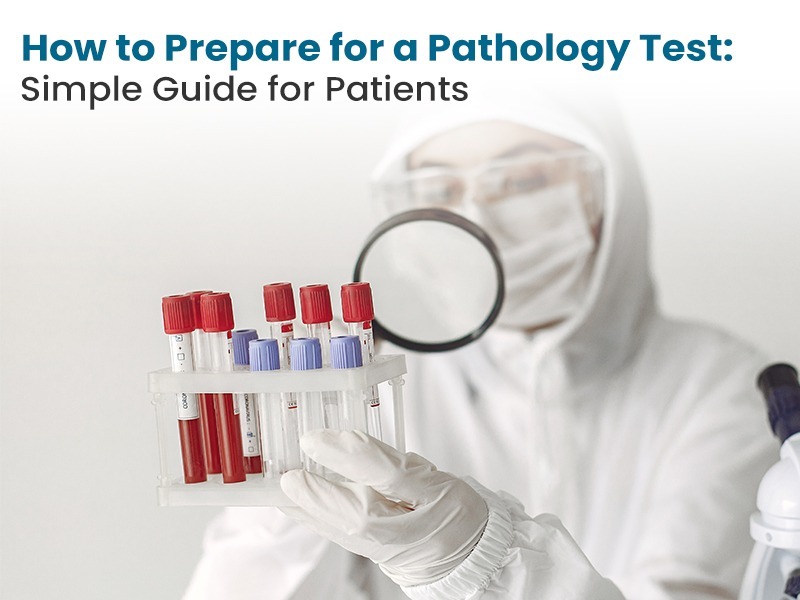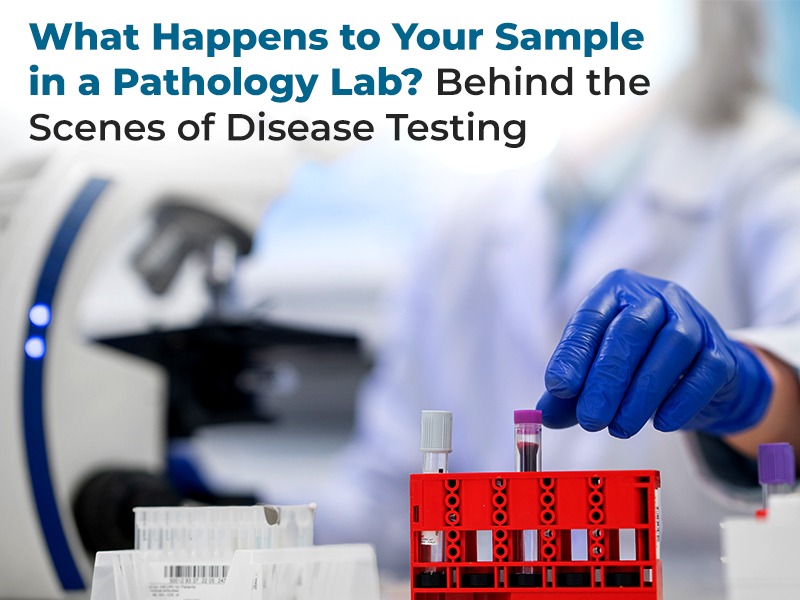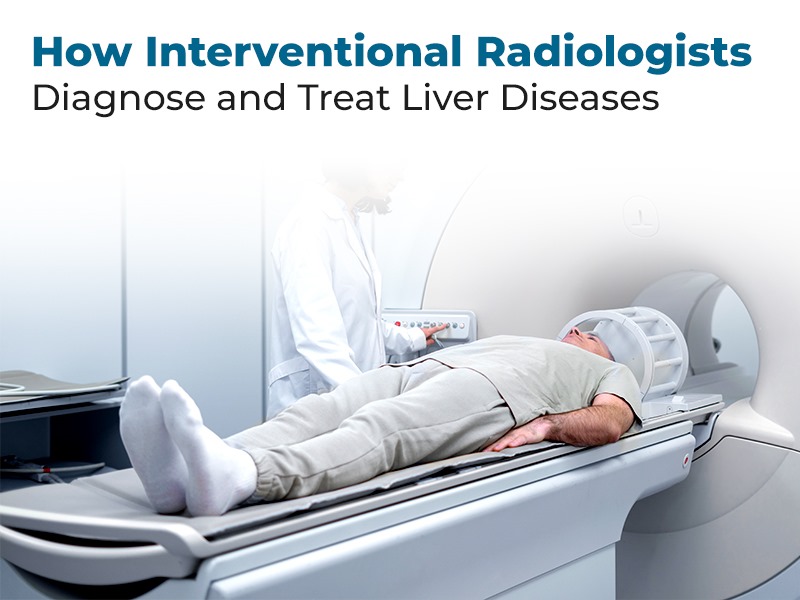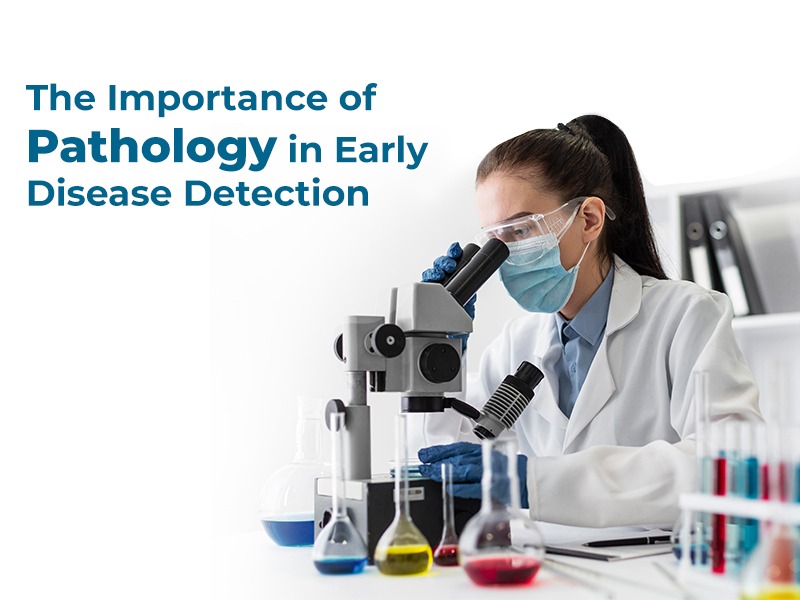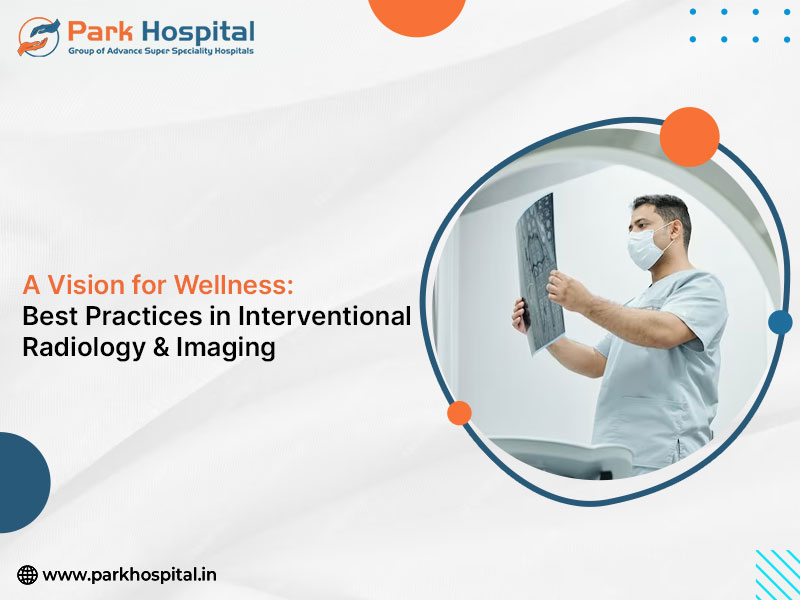The liver quietly performs hundreds of tasks, such as filtering toxins, storing nutrients, and producing enzymes that keep digestion smooth. Two such enzymes, SGPT (Serum Glutamate Pyruvate Transaminase) and SGOT (Serum Glutamic-Oxaloacetic Transaminase), act like early messengers for liver health. When their levels rise, your body signals that something isn’t right. In fact, liver diseases are linked to almost 2 million deaths each year, accounting for about 4% of all global deaths. Therefore, you should be aware of the symptoms of high SGPT and SGOT. So, scroll down to learn what these symptoms mean and the right ways to keep your liver healthy.
What Are SGPT and SGOT?
SGPT is also called Alanine Aminotransferase (ALT), and SGOT is known as Aspartate Aminotransferase (AST). These enzymes convert proteins into energy and aid in metabolism. Normally, only small amounts circulate in your blood. However, when the liver gets damaged or inflamed, these enzymes can leak into the bloodstream. This is when you can experience the symptoms of elevated SGOT and SGPT levels. Therefore, these enzymes are very commonly checked in the Liver Function Tests (LFTs).
What Do High SGPT and SGOT Levels Indicate?
An increase in these enzymes doesn’t always mean severe disease. It is a sign that your liver is under stress. Some common causes include:
Fatty Liver Disease: One of the most frequent reasons for high liver enzymes. It can be caused by obesity, insulin resistance, or alcohol use.
Hepatitis (Viral or Autoimmune): Inflammation due to viral infection or immune dysfunction raises enzyme levels.
Excess Alcohol Intake: Alcohol damages liver cells and increases both SGOT and SGPT.
Certain Medications: Painkillers, cholesterol-lowering drugs, and antibiotics can strain the liver.
Uncontrolled Diabetes or Thyroid Disorders: Metabolic imbalances also affect enzyme levels.
Gallbladder or Muscle Disorders: Since SGOT is also present in the heart and muscles, elevated levels may not always point to the liver.
In short, high SGPT means liver cells are inflamed or injured, whereas SGOT high means the damage might reach beyond the liver, such as the heart or muscles. Therefore, physicians often use the SGOT/SGPT ratio to narrow down the cause.
A ratio less than 1 usually suggests fatty liver.
A ratio greater than 2 often points toward alcohol-related liver injury.
Symptoms of High SGPT and SGOT Levels
Most people usually ignore early stress, which results in prolonged elevation with certain evident symptoms. However, there is a difference between the symptoms of SGOT and SGPT as discussed below.
How to Reduce SGPT and SGOT Levels?
You can support your liver’s healing by making steady, sustainable changes:
1. Maintain a Balanced Diet
Eat fresh fruits, vegetables, whole grains, and lean proteins.
Avoid fried, processed, and high-sugar foods that stress the liver.
Add antioxidant-rich foods like turmeric, garlic, beetroot, and green tea into your diet.
2. Limit Alcohol and Smoking
Even moderate alcohol can elevate liver enzymes. Even if you reduce intake or quit, it helps the liver regenerate.
3. Stay Hydrated
Drink plenty of water to help flush out toxins and maintain enzyme balance.
4. Exercise Regularly
Physical activity improves metabolism and can help you reduce fatty deposits in the liver. So, aim for 30 minutes a day of brisk walking or light exercise.
5. Monitor Medications
Avoid unnecessary self-medication. Some painkillers and antibiotics can raise enzyme levels if taken frequently.
6. Manage Weight and Blood Sugar
Fatty liver and insulin resistance often go hand in hand. Keeping both under control improves liver health significantly.
7. Get Regular Liver Checkups
Routine LFTs help track progress and detect any recurring issues early.
If lifestyle measures don’t lower enzyme levels, consult a hepatologist or gastroenterologist right away for targeted treatment.
Protect Your Liver with the Right Care!
Your liver works silently every day, but it needs your attention when enzymes go up. High SGPT and SGOT levels aren’t the end. They are a signal to act. At Park Hospital, expert hepatologists use advanced diagnostics and personalised therapies to treat liver conditions and manage symptoms of high SGPT and SGOT. So, book your consultation with us today!
FAQs
1. What do high SGPT and SGOT levels indicate?
They usually suggest inflammation or damage to liver cells, though SGOT can also rise due to muscle or heart strain.
2. Can fatty liver cause elevated SGPT and SGOT?
Yes. Fatty liver is one of the leading causes of elevated liver enzymes, especially when linked to obesity or insulin resistance.
3. What are the symptoms of high SGPT and SGOT levels?
Fatigue, nausea, yellowing of skin or eyes, abdominal pain, and dark urine are common. Muscle soreness may accompany high SGOT levels.
4. Do high SGPT and SGOT levels mean liver damage?
Not always. Mild or temporary increases may reverse with lifestyle changes, but persistent elevation should be medically evaluated.
5. Which tests confirm the reason behind high SGPT/SGOT?
A Liver Function Test (LFT), ultrasound, viral markers (Hepatitis A, B, C), and blood sugar or lipid profile help identify the underlying cause.

